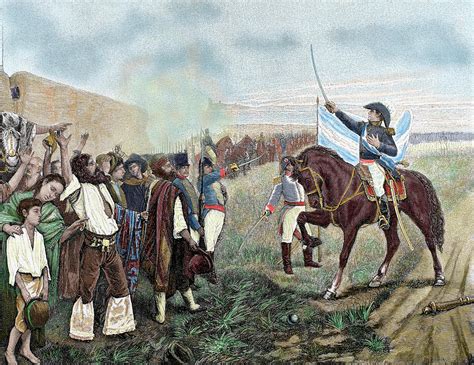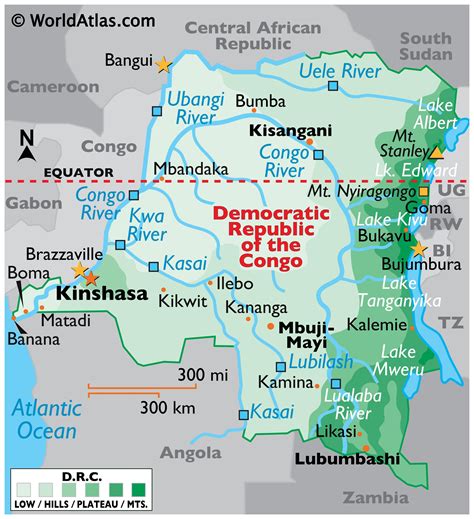Explore the history of the Americas from Indigenous settlements to Independence, including colonization, slavery, and economic development. Discover the impact of early inhabitants.
Early Indigenous Inhabitants
Contents
Guyana’s history dates back to ancient times when the region was inhabited by various indigenous peoples. The earliest known inhabitants were the Arawak and Carib tribes, who lived in the area as far back as 5000 BC. These indigenous peoples lived off the land, relying on fishing, hunting, and farming for their sustenance. They also developed unique cultural practices and social structures that have had a lasting impact on the region.
Over time, other indigenous groups such as the Warao, Akawaio, and Wai-Wai tribes also made their home in Guyana, each bringing their own customs and traditions to the region. These diverse indigenous communities inhabited the dense rainforests and savannahs of Guyana, establishing autonomous societies and forming complex networks of trade and communication with neighboring tribes.
The arrival of European colonizers in the 16th century profoundly affected the indigenous inhabitants of Guyana. The introduction of European diseases, forced labor, and land seizures led to the decline of many indigenous communities. Despite these challenges, the indigenous peoples of Guyana have persevered and continue to uphold their rich cultural heritage to this day.
In recognition of the importance of the indigenous heritage, Guyana celebrates Amerindian Heritage Month each September, showcasing the traditions, art, and history of the indigenous peoples. Efforts are also being made to protect indigenous lands and promote sustainable development that respects the rights and contributions of these early inhabitants.
European Colonization and Settlement
European colonization of Guyana began in the 16th century when the Dutch established colonies along the coast. The Dutch West India Company played a significant role in the early settlement and development of the region, with the establishment of plantations for the cultivation of sugarcane and other cash crops.
During the 17th century, the British also established a presence in the area, leading to conflicts between the two European powers over control of the territory. Ultimately, the Treaty of Breda in 1667 ceded the region to the British, who then established the colony of British Guiana.
Under British rule, the plantation economy expanded, leading to an increased demand for labor. This demand was met through the importation of enslaved Africans, who were forced to work on the plantations under brutal conditions. The legacy of this period continues to impact the country to this day.
The European colonization and settlement of Guyana had a profound impact on the region, shaping its demographics, culture, and economy. The legacy of this period continues to influence the country’s social and political dynamics, as well as its relationships with other nations.
Impact of the Transatlantic Slave Trade
History of Guyana
Impact of the Transatlantic Slave Trade
The impact of the Transatlantic Slave Trade on the history of Guyana cannot be understated. The arrival of African slaves in the 17th century had a lasting effect on the economic, social, and cultural development of the country. The forced labor of African slaves played a crucial role in the establishment and growth of the sugar plantations that were the backbone of the Guyanese economy during the colonial period.
As a result of the Transatlantic Slave Trade, Guyana became a major hub for the importation of slaves from Africa, leading to a significant increase in the African population in the region. The lasting legacy of this trade can still be seen in the diverse ethnic makeup of Guyana’s population today, with a significant percentage of the population tracing their ancestry back to African slaves.
The Transatlantic Slave Trade also had a profound impact on the social and cultural fabric of Guyanese society. The forced migration of African slaves to Guyana resulted in the blending of different African cultures, as well as the incorporation of elements of European and Indigenous traditions. This cultural fusion gave rise to a unique Afro-Guyanese identity that continues to shape the country’s cultural landscape to this day.
Furthermore, the legacy of the Transatlantic Slave Trade continues to influence race relations and social dynamics in Guyanese society. The enduring effects of this dark chapter in history have shaped the way in which the country addresses issues of racial inequality and discrimination, as well as efforts to preserve and celebrate the cultural contributions of the Afro-Guyanese community.
Independence Movement and Nationhood
Guyana, formerly a British colony, gained its independence on May 26, 1966, after a long and arduous struggle for self-governance. The independence movement in Guyana was characterized by widespread civil unrest, protests, and political activism, which eventually led to the formation of the nation as a sovereign state. The nationalistic fervor and desire for autonomy were the driving forces behind the independence movement, as the people of Guyana sought to free themselves from British colonial rule and establish their own national identity.
The journey towards nationhood was marked by pivotal events and influential figures such as Cheddi Jagan and Forbes Burnham, who played key roles in shaping the political landscape of the country. The push for independence was not without its challenges, as deep-seated divisions and conflicts within the society had to be addressed in order to forge a united nation. The struggle for independence was a defining period in Guyana’s history, laying the groundwork for the nation’s future development and governance.
Following its independence, Guyana faced the formidable task of nation-building, as it sought to establish itself as a sovereign and unified nation. The process of nationhood involved the development of a national identity, the establishment of democratic institutions, and the promotion of social and economic progress. The newly independent nation faced numerous challenges, including political instability, ethnic tensions, and economic hardships, as it embarked on the path towards self-governance and national development.
Despite the difficulties, Guyana persevered in its pursuit of nationhood, with the spirit of unity and resilience prevailing among its people. The nation’s journey towards nationhood serves as a testament to the determination and resilience of its citizens, who overcame adversity and strife to establish a united and independent nation. The struggle for independence and the subsequent efforts towards nation-building have shaped the cultural, social, and political fabric of Guyana, leaving a lasting impact on its history and identity.
Economic and Political Developments
Guyana has undergone significant economic and political developments throughout its history, shaping the nation into what it is today. From the period of colonization to the present day, the country has experienced various stages of growth and change in both its economy and governance.
During the colonial era, Guyana’s economy was heavily reliant on agriculture, particularly sugar production. This dependence on a single export led to challenges in diversifying the economy and creating sustainable development. The political landscape was also influenced by the colonial powers, with governance structures reflecting the interests of European colonizers.
Following independence, Guyana experienced political instability and economic struggles. The nation faced challenges in building a strong and stable government, as well as in addressing the disparities in wealth and development across the population. This period of uncertainty had a deep impact on the economic and political landscape of the country.
In recent years, Guyana has been undergoing a significant transformation due to the discovery of a massive offshore oil reserve. This discovery has the potential to dramatically change the economic trajectory of the nation, providing new opportunities for growth and development. However, it also presents challenges in managing the newfound wealth and ensuring it benefits the entire population.
Overall, the economic and political developments in Guyana have been shaped by a complex history of colonization, independence, and the recent discovery of oil reserves. The country continues to navigate these challenges as it seeks to build a strong and equitable economy, and a stable and inclusive political system.













